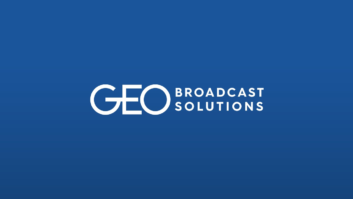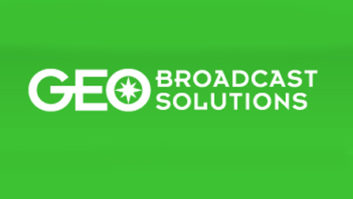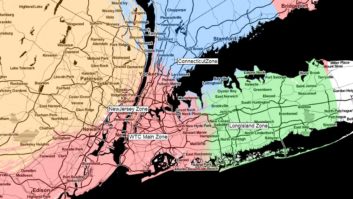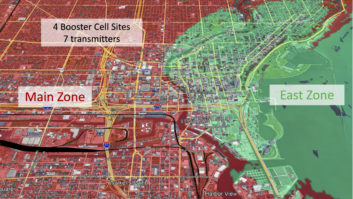The radio industry seems open to a concept floated by Peter Handy of GeoBroadcast Solutions to allow FM boosters that use geo-location to enable stations to air different ads based on listener location.
Handy has likened the concept to cable television; using his concept, an FM station would be able to differentiate ads and PSAs to listeners by their location. His system uses FM boosters to create the zones with the help of a “ZoneCaster Control unit.”
His company is working with Harris on the concept to create FM analog, all-digital and FM+HD hybrid mode transmission schemes. The solution would allow FM boosters to originate programming content unique from the main signal using GBS ZoneCasting Systems — and transmit that content to specific areas of a broadcast market using single-frequency networks with multiple Harris transmitters.
Handy petitioned the FCC in April to modify a rule to allow FM boosters to originate programming to accommodate the product.
All of the nine filings submitted to the FCC so far support the concept. Brian McNeill of Alta Communications, a broadcast banker and private equity investor, states: “If a retailer can now buy commercials that specifically target the areas in which their customers come from, I would think that the likelihood of their ad campaigns being successful would be greatly increased.”
Dyna Wash President Charles Moore says in his filing that station consolidation has made radio advertising “prohibitively” expensive in the New York metro. Most of the stations in the NYC stations target the entire metro and he’s only trying to reach potential customers in Westchester County and Yonkers which represent less than 20% of this addressable market.
The high radio ad costs leave him with local access cable television and billboards as the only practical advertising alternative, he writes, yet he still believes radio is an effective advertising medium and urges the commission to support the ZoneCasting system. Moore says “it represents the only viable means by which businesses like ours in a major metropolitan area can engage in radio advertising.”
ZoneCasting, writes Moore, “helps put the fairness back into radio broadcasting and opens up a critical advertising outlet for small businesses which have been effectively closed out of the medium for the better part of 10 years.”
Quantum Advertising tells the commission the technology would allow ad agencies to target specific information to discrete listening areas.
Public comments are due today to RM-11659.
Related:











